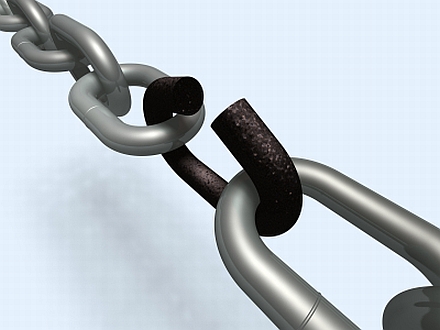Yes, Twitter is still dangerous


Twitter's power to broadcast confidential information unobtrusively remains a genuine security risk to government and private sector organizations. For example, CBS News reports that a Congressman disclosed confidential information on Twitter during a secret trip to Iraq:
Congressman Pete Hoekstra (R-Michigan), a ranking member of the House Intelligence Committee, caused what some have argued was a major lapse in security last week when he used the micro-blogging site Twitter to post real-time updates about a secret congressional envoy into Iraq.
Congressional Quarterly reports the Pentagon is reviewing policy following the Pete Hoekstra situation:
A Defense Department spokesman, Navy Cdr. Darryn James, said Tuesday the Pentagon’s policy is to withhold itineraries until congressional delegations reach their destinations inside war zones. The House sergeant at arms and House Armed Services Committee echoed that concern in separate statements Tuesday.
And James said Hoekstra’s actions have led Defense Department officials to review how they communicate those restrictions to lawmakers, who now have access to mobile communications devices linked to global networks.
THE PROJECT FAILURES ANALYSIS
This problem will only worsen as Twitter, which has raised over $50M in funding and has millions of users, continues to grow. According to the Twitter blog:
Twitter is growing at a phenomenal rate. Active users have increased 900% in a year and even though our web traffic is amazing, we see twice that traffic to the APIs.
As the expanding population of Twitter users makes the service increasingly ubiquitous among some communities, this security problem will become more serious over time. I blogged about this same issue over a year ago:
Twitter has the power to turn groups of innocent bystanders into instant analysts. Even seemingly innocuous comments, when put before a large group of people, can be analyzed more rapidly, and in more depth, than you might expect. This can easily cause ranges of unintended, highly negative, consequences.
I'm personally aware of confidential meetings where participants innocently twittered sensitive information that thousands of recipients may have read. However, even without malicious intent, Twitter can open undesirable windows into an organization's private plans and strategies. Twitter user Todd Lambert voices this concern:
I'm pondering whether an organization's competitors could piece together its corporate strategy by compiling selective tweets...hmmm.
Is Twitter a weak link in the security chain? Leave a Talkback and also send me a tweet!
[Image via iStockphoto.]